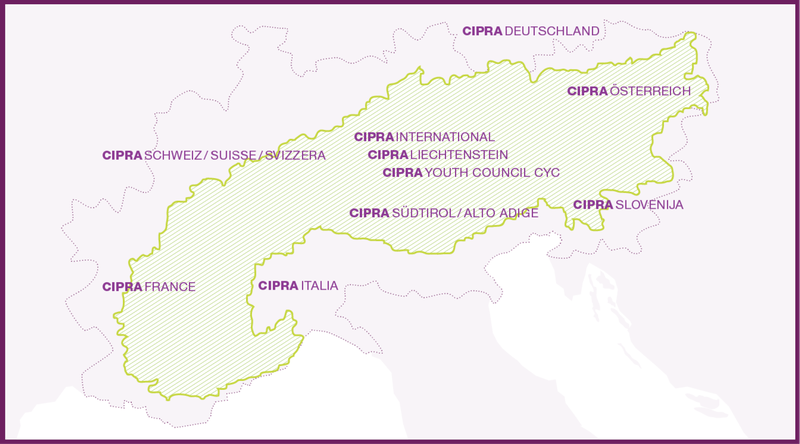Laura Haberfellner, CIPRA International Lab
Innovation to counter emigration
Emigration and the brain drain in the Alpine region: a new EU project involving CIPRA aims to counteract this trend. It is testing innovative governance models to strengthen mountain regions and create a win-win situation for regions of origin, destinations and young emigrants.
Who is CIPRA?
Find out more!
More articles
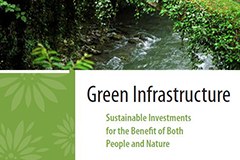
CIPRA Internationale Alpenschutzkommission | Schaan, LI
Win-win for nature, economy and society: more green infrastructure throughout Europe
Since May the countries of the European Union have received guidelines on how to promote green infrastructure. The European Commission has adopted its strategy on this topic with the aim of better integrating natural processes into spatial planning and strengthening the benefits of intact ecosystems for the economy and society. In addition, Natura2000 and Emerald sites have been further recognized as major elements in an ecological network.
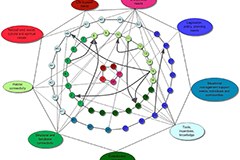
CIPRA Internationale Alpenschutzkommission | Schaan, LI
Alpine Convention strengthens co-operation between neighbouring countries
With its new presidency, the "Ecological Network" Platform of the Alpine Convention is now continuing its work. In focus over the next two years are cross-border co-operation between neighbouring states and activities in the pilot regions.

CIPRA Internationale Alpenschutzkommission | Schaan, LI
The cameras are rolling for hermits and fire salamanders
What can be done to preserve the diversity of plant and animal species in the Alps? CIPRA provides some answers in the short film "For hermits and fire salamanders - How municipalities connect habitats in the Alps". The film can be seen online and at different locations in the Alps.
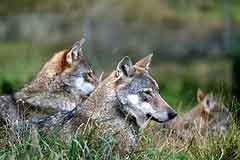
CIPRA Internationale Alpenschutzkommission | Schaan, LI
Ecological Continuum in the Alps: from 50 questions to a few concerted actions
How will demographic change affect the future of the ecological continuum? And which indicators of species and habitats can be used to assess an ecological network? These are just two of the 50 questions put together by scientists, politicians and environmentalists from all the Alpine lands.
Events
There is nothing to see here at the moment. Why not take a look at the other countries?
Projects
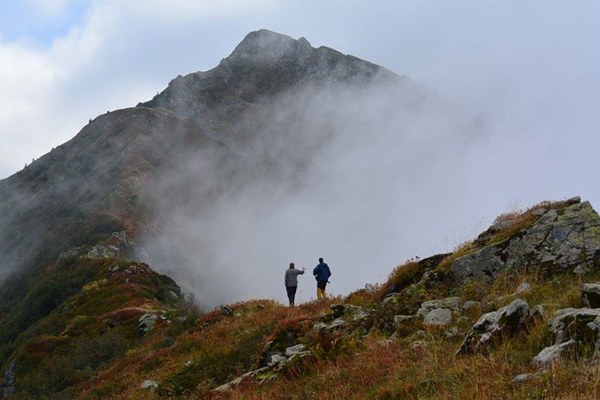
CIPRA International
Worthwild
[Project completed] Only minimally impacted by human intervention, areas with limited infrastructural development in the Alps provide European societies with a wide range of ecosystem services, such as the conservation of biodiversity and climate regulation.
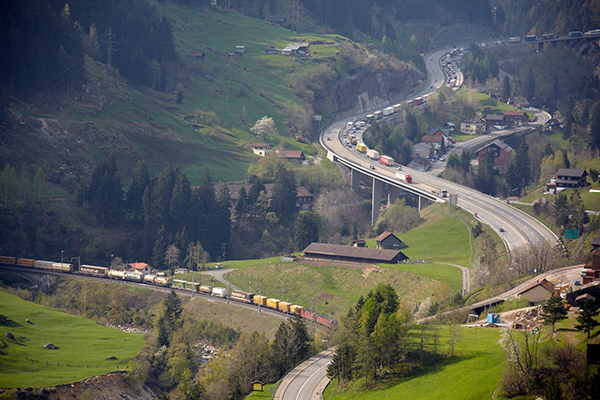
CIPRA International
AlpInnoCT
[Project completed] The Alps are a sensitive ecosystem that has to be protected from pollutant emissions and climate change. The alpine road freight transport has enormous ecological and sociocultural effects on the alpine habitat. Most actors such as forwarders, port operators, administrations and consumers, are aware of these negative effects and they are working on their own technical or regulatory solutions. However, a constructive and participatory dialogue between all involved actors, in order to promote sustainable freight transport within the Alps, has not been established so far.
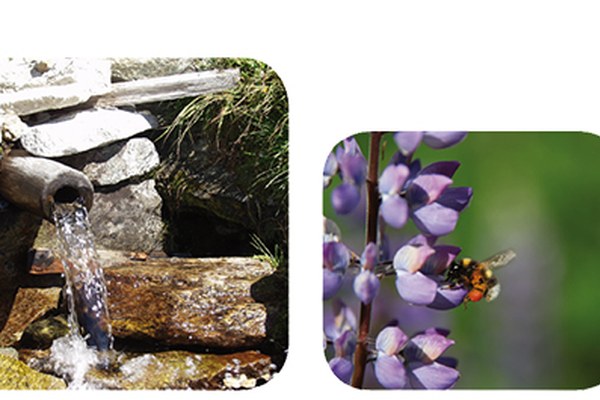
CIPRA International
AlpES
[Project completed] Ecosystems and their services go beyond national borders and need a transnational approach for their dynamic protection, sustainable use, management and risk prevention. As a basis for joint action, public authorities, policy makers, NGOs, researchers and economic actors – the AlpES target groups – need a common understanding of ecosystem services, comparable information on their status and support in using appropriate tools for integrating them in their fields of work.

